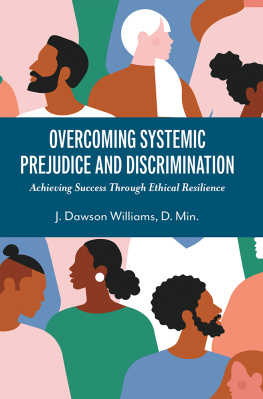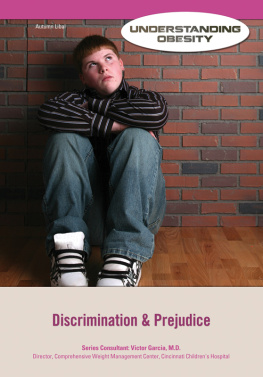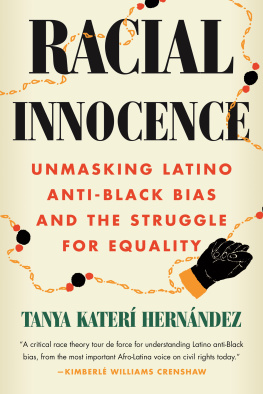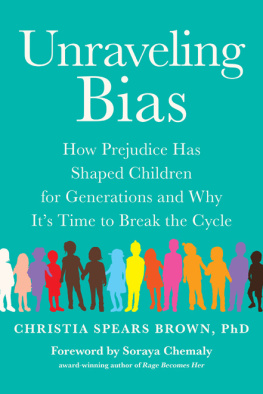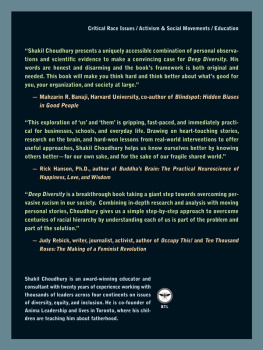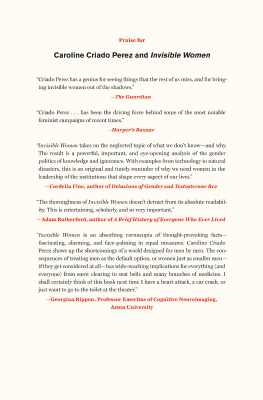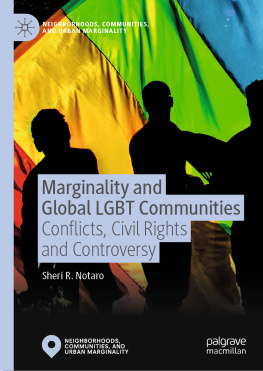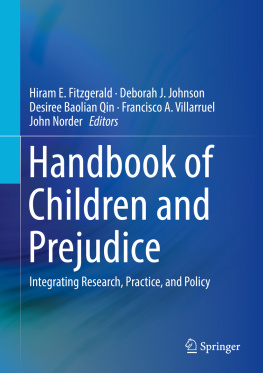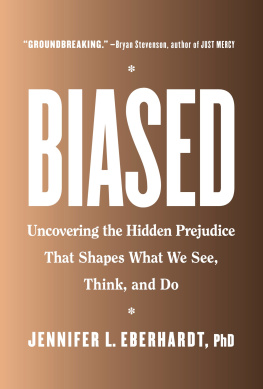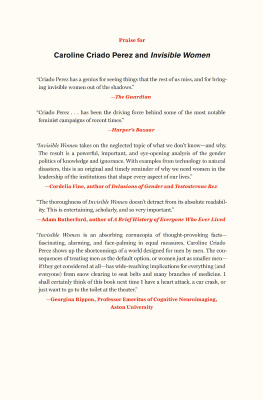
With love and adoration for my wife, Rosemary, whose understanding and companionship helped build ethical resilience into our own family. To Christopher, Jay, and Kelli, for patiently listening to my stories about ethics and resilience throughout their lives.
J. Dawson Williams
ACKNOWLEDGMENT
Deepest gratitude is expressed to counselees for allowing me the sacred experience of helping them explore their stories in search of ways to implement ethical and resilient solutions. I express heartfelt thanks to a host of educators and mentors for helping me develop deeper understanding along the way. Dr. Charmaine Caldwell, one of my former ethics professors, has my highest regards for the vigorous dialogue and cordial reflection she so graciously provided as the concept and content of this book developed. I especially celebrate the spirit of contrition with which individuals such as Bill, Pat, and Melody turned to me upon realizing the unshakeable need to unburden their souls. Each was suffering from a deeply burdensome moral injury they carried after having participated in systemic prejudice and discrimination against innocent victims for years. All names were changed or omitted for purposes of confidentiality in this book.
Soli Deo Gloria
PREFACE
I strongly applaud leaders in all fields who are endeavoring to provide just and equitable conditions for all involved. With that said, my focus in this work is on addressing situations and offering relevant solutions to individuals and institutions wherever prejudice and discrimination are systemic/institutionalized. This book is made possible to a large extent by candid conversations with victims, advocates, and individuals who formerly inflicted bias upon the lives of others. Over time, I verified the existence and function of each paradigm illustrated in this work through interviews and observations across professional settings related to business, religion, government, education, mental health, and more.
It has been my great honor to serve for more than thirty years as a trusted counselor, coach, and consultant for a wide socioeconomic spectrum of individuals in an array of multicultural communities. The following common characteristics repeatedly surfaced in my interactions:
- an individual coming to me for assistance in dealing with a complex situation that is discriminatory in nature,
- individuals seeking restoration after having led or participated in biased behavior toward others at some point in their lives, and
- bewildered executive leadership inquiring about my insight into growing discontent within organizational ranks and ideas about how to mitigate the problem.
Having repeatedly listened to heartbreaking stories, I began to discern pitfalls and stepping-stones common in many of these experiences. Pitfalls are decision traps where wrong decisions or actions can lead to an individuals or an organizations demise. In contrast, stepping-stones are opportunities to behave or govern in ways that lead to increase and elevation. After discerning that systemic bigotry presents one with both pitfalls and stepping-stones, I labored diligently to devise appropriate illustrations and paradigms for use in helping confused individuals and organizational leaders comprehend and overcome discriminatory situations. Individuals of all backgrounds have the common experience of encountering unreasonable and disadvantageous circumstances. Therefore, I offer this description and explanation of systemic prejudice and discrimination in hopes that consideration, discussion, and relevant application can be customized to each unique individual and community.
Worldwide media and social justice agencies are vigorously informing the public that prejudiced behaviors are on the rise globally and that this issue needs urgent attention. Similarly, executive leaders are increasingly issuing strongly worded guidance within their communities to the effect that more progress must be made in addressing issues of injustice and exclusion. I am encountering two major responses to leaders publishing such an outpouring of intent to implement revolutionary change and bring about more equitable standards. One perspective is, Thank God; it is about time! A second very prominent response is, Ill believe it when I see it!
The masses notice and appreciate well-intended actions, but awareness is growing that we still have a major problemnamely, you can discourage discrimination by establishing and following through on adequate penalties, but bigotry cannot be legislated or prosecuted out of existence. Biased behaviors must be addressed in open and honest relationships among people infected with prejudice and people adversely impacted by those who are infected.
Ageism, sexism, racism, and the like are inflicted through indirect and direct processes that harass, victimize, and sustain inequality. Yet polite society tends to avoid this tough subject until an issue has gotten completely out of hand. Then concerned individuals join in social justice movements to address the fallout. The Me Too and Black Lives Matter movements are prime examples. There was no shortage of stories about institutionalized injustice being systematically inflicted on targeted victims. Prejudicial behavior was regularly practiced in plain sight. Lives were destroyed and quiet conversations were held about the awful circumstances. Despite these facts, known predators and toxic organizations were rarely called out until someone reached the point of being completely fed up. Each successful prosecution led to other victims coming forth. Concerned citizens realized that their silence is a corollary to the violence of unaddressed bias. Groundswells of vigorous protest now target toxic individuals and institutions. Gradually, a full-blown movement is addressing molestation and devastation previously tolerated by polite bystanders attempting to mind their own business. In the process, radical groups have produced bandwagon-type responses that often feature looting, rioting, and other disruptive behaviors that are not solutions to the original problem. It is imperative that we reverse the script by proactively implementing ethical and resilient interventions when faced with biased situations. This way we can prevent the end result of conflict and devastation across entire communities.
Chapter
The Importance of Being
Ethical and Resilient
Prejudice and discrimination are equal opportunity antagonists. Prejudice is the act of prejudging and forming adverse/detrimental opinions without fair consideration of facts or merits relevant to reaching a fair conclusion. Discrimination is comprised of negative/adverse decisions and behavior(s) fueled by prejudice. Institutionalized prejudice and discrimination results when a system and structure are built to protect those who embrace such attitudes and behaviors. For this reason, systemic and institutionalized are used interchangeably throughout the remainder of this work.
In and of themselves, prejudice and discrimination do not regard race, gender, ideology, socioeconomic status, or any other descriptor. To the contrary, individuals and groups fitting any descriptor can fall prey to the temptation of being prejudiced and inflicting discrimination on another individual or group. Organizational leaders will benefit from greater awareness of discouraging and depressing strategies inflicted upon targeted victims. Likewise, individuals will also benefit from a deeper understanding of what is happening to them as well as strategies proven effective in neutralizing such oppressive circumstances. Greater awareness will then allow agencies and individuals to more efficiently and effectively overcome systemic processes that sustain unjust and unequal practices.

